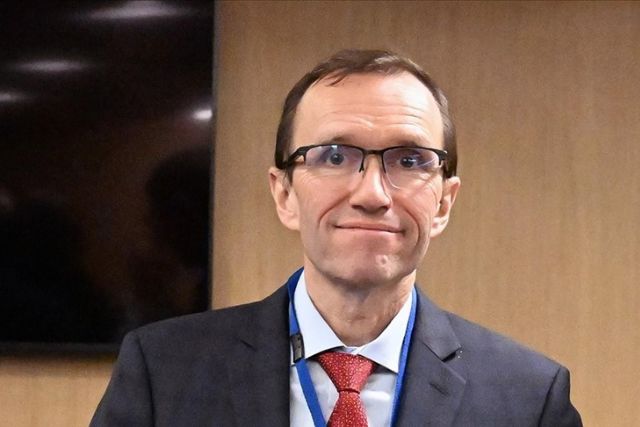France to build new nuclear reactors: Macron
New reactors to guarantee energy independence, says president

PARIS
France will begin building new nuclear reactors "to guarantee energy independence,” President Emmanuel Macron announced Tuesday in a televised address.
"We will, for the first time in decades, relaunch the construction of nuclear reactors in our country and continue to develop renewable energies," he said, without disclosing further details on the numbers or locations of the reactors.
The new reactors will guarantee energy independence, electricity supply and enable France to achieve its objectives, including carbon neutrality in 2050, he added.
France derives about 70% of its electricity from nuclear energy. According to its 2015 energy transition policy, the government plans to reduce its share of nuclear energy to 50% by 2025 in order to increase the share of renewable energy. The country is currently lagging behind its targets for renewable energy goals set by the European Union.
“If we want to pay for our energy at reasonable rates and not depend on foreign countries, we must both continue to save energy and invest in the production of carbon-free energy on our soil," Macron said.
France currently has 56 operable nuclear reactors and one European pressurized reactor (EPR) under construction at the Flamanville power plant. The project, launched in 2007, is delayed and likely to be ready by 2023.
In October, Macron announced investments of 8 billion euros (US$9.27 billion) in the nuclear energy sector, with plans for the construction of small-scale reactors having better waste management. It is the third largest industrial sector in the country generating employment and revenue.
The French Nuclear Energy Society (SFEN), a scientific association, welcomed Macron's latest announcement. The new reactors will be useful to the network, economically profitable, create more jobs and mobilize the sector, it said on Twitter.
France has the largest fleet of nuclear reactors in Europe and is globally second after the US.





